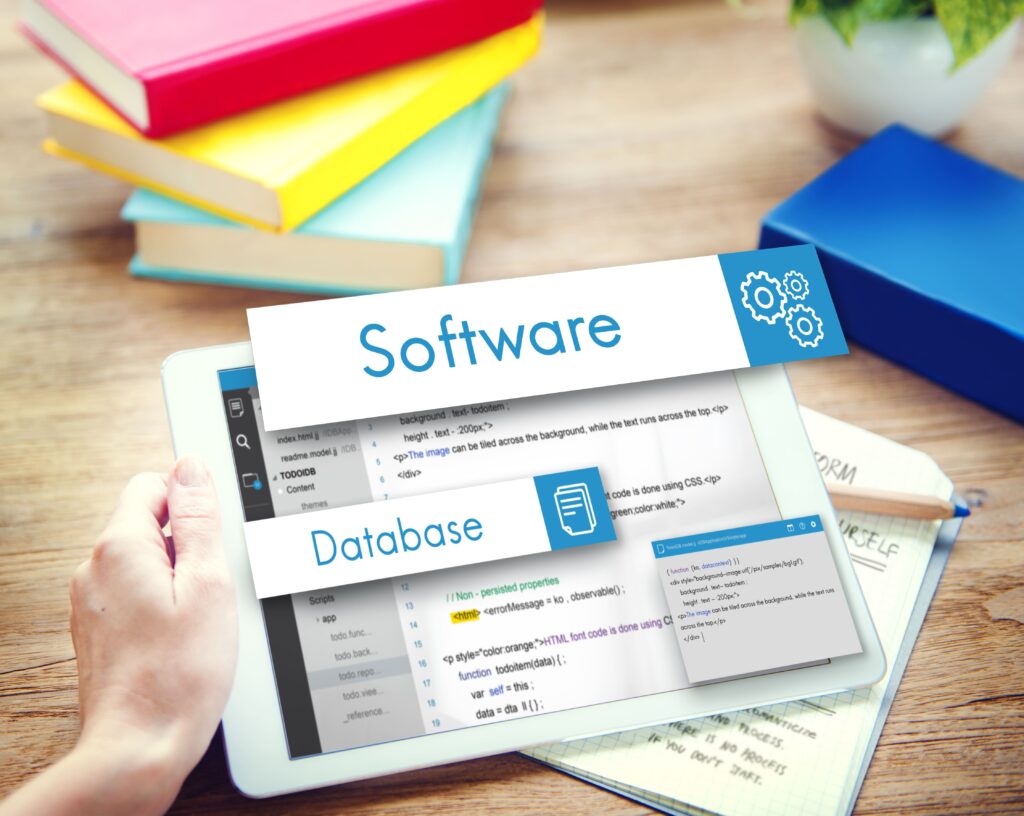In today’s competitive business landscape, attracting, developing, and retaining top talent is crucial for organizational success. Human Resource Management Systems (HRMS) play a pivotal role in this process, providing the framework and tools necessary to effectively manage talent. Let’s delve into how HRMS can optimize talent management strategies.

Attracting Talent:
Attracting top talent begins with creating a compelling employer brand and streamlined recruitment processes. HRMS streamline recruitment by automating job postings, resume screening, and applicant tracking. Advanced features such as AI-driven candidate matching and predictive analytics help identify the best-fit candidates efficiently.
Furthermore, HRMS enable organizations to showcase their employer brand through personalized candidate experiences, career portals, and social media integration. This ensures a positive first impression and attracts top talent who resonate with the company’s values and culture.
Developing Talent:
Once talent is onboarded, HRMS facilitate their development through comprehensive learning and development (L&D) programs. These systems offer learning management functionalities, including course management, content delivery, and skills assessment.
Personalized learning paths, micro-learning modules, and mobile accessibility empower employees to enhance their skills and knowledge at their own pace. Moreover, HRMS track employee progress and performance, enabling HR professionals to identify skill gaps and tailor development plans accordingly.
Additionally, HRMS facilitate continuous feedback and coaching through performance management modules. Regular check-ins, goal setting, and real-time feedback promote employee growth and engagement.
Retaining Talent:
Retaining top talent requires creating a conducive work environment where employees feel valued, engaged, and supported in their career aspirations. HRMS contribute to retention by fostering transparent communication, recognition, and opportunities for advancement.
Employee engagement surveys and sentiment analysis tools integrated into HRMS provide valuable insights into employee satisfaction and sentiment. This enables HR teams to address concerns proactively and implement initiatives to improve employee experience.
Furthermore, HRMS support talent mobility and succession planning by identifying high-potential employees and facilitating internal mobility through job rotations, promotions, and lateral moves. This not only nurtures talent within the organization but also fosters a culture of continuous growth and development.
In conclusion, Human Resource Management Systems are indispensable tools for optimizing talent management strategies. By leveraging HRMS functionalities for attracting, developing, and retaining top talent, organizations can gain a competitive edge in today’s dynamic marketplace. Investing in robust HRMS not only enhances organizational efficiency but also drives long-term success by nurturing a skilled and engaged workforce.









